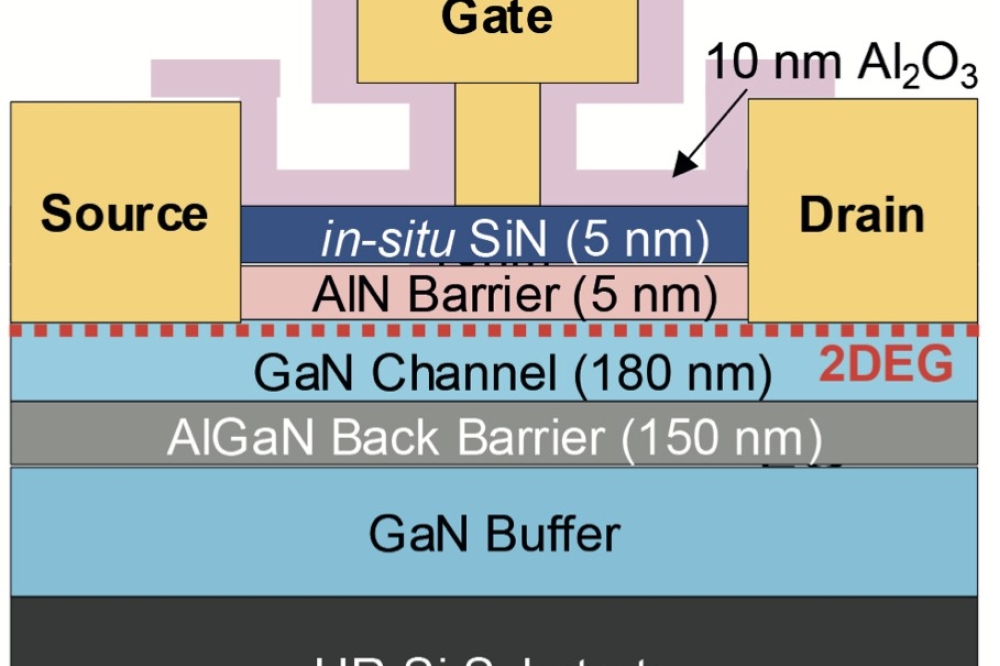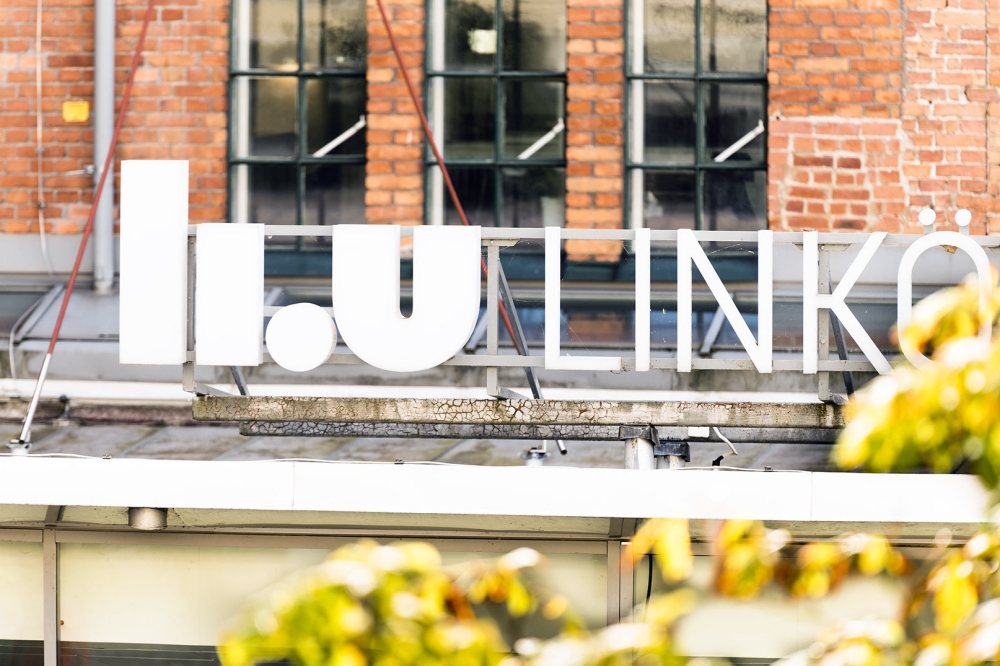UNIQORN to develop quantum tech for the mass market

A new EU multidisciplinary Horizon 2020 project called UNIQORN will be developing quantum technology for the mass market. Quantum communication systems, mostly found in research laboratories, will be squeezed into small and reliable photonic integrated circuits supported by SMART Photonics’ InP photonics platform.
Based in Eindhoven, SMART Photonics is a pure-play foundry with expertise in InP research, development and production.
Quantum communication is recognised as one of the pillars for the second quantum revolution thanks to its unique potential for information-theoretical data security. Turning this promise into tangible assets depends however, on the availability of high-performance, compact and cost-effective modules for practical implementations.
The Horizon 2020 project 'UNIQORN - Affordable Quantum Communication for Everyone: Revolutionising the Quantum Ecosystem from Fabrication to Application' was selected for funding by the European Commission within the first call of the H2020 Quantum Flagship (see box below). The project kick-off took place in October 2018.
UNIQORN’s mission is to provide the enabling photonic technology to accommodate quantum communications, by integrating complex systems, which are presently found on metre-size breadboards, into millimetre-size chips. These systems will not only reduce size and cost, but will also bring improvements in terms of robustness and reproducibility. SMART Photonics’ unique integration technology enables this size reduction and enables a route to cutting costs.
As a three-year project UNIQORN will develop the key components for quantum communication systems. This includes specialised optical sources and detector technology.
The UNIQORN consortium has 17 partners from nine European countries. The AIT Austrian Institute of Technology is the project coordinator and the Institute of Computer and Communication Systems Athens as the technical manager.
Further partners include research & technology organisations (Fraunhofer HHI, Interuniversity Microelectronics Centre) with extensive experience in turning basic science into applicable assets will work together with quantum engineers with strong roots in theory and experimentation (University of Vienna, Paderborn University, University of Innsbruck, Technical University of Denmark).
Photonic and electronic design, integration and packaging activities will be supported by experts in the field (Eindhoven University of Technology, Micro-Photon-Devices, Politecnico Milano, SMART Photonics, VPI Photonics, Cordon Electronics).
The industrial end-user perspective will be provided through a system vendor, Mellanox, and operator, Cosmote, whilst field evaluation activities will be conducted in the live smart-city test-bed run by the University of Bristol.


































